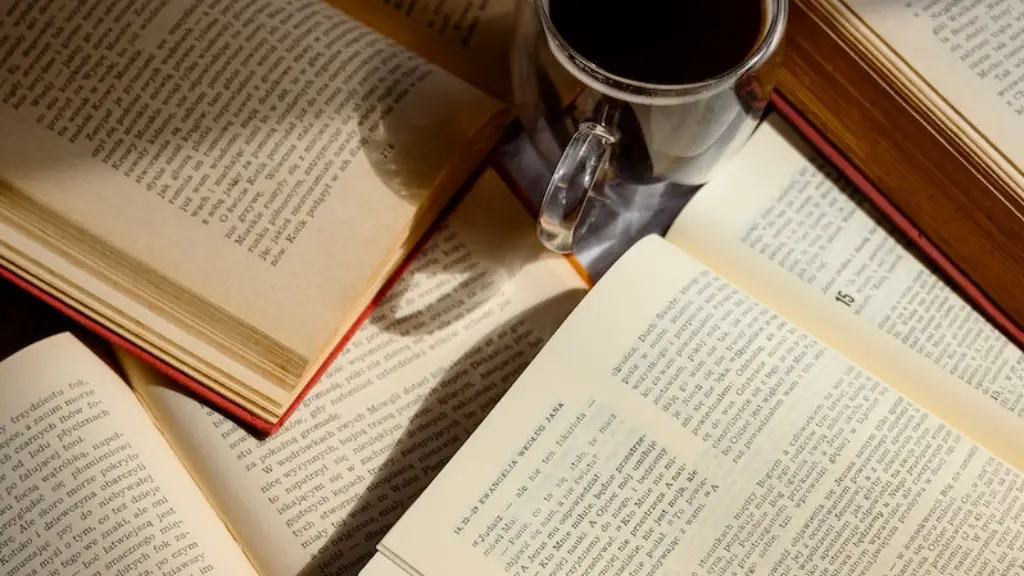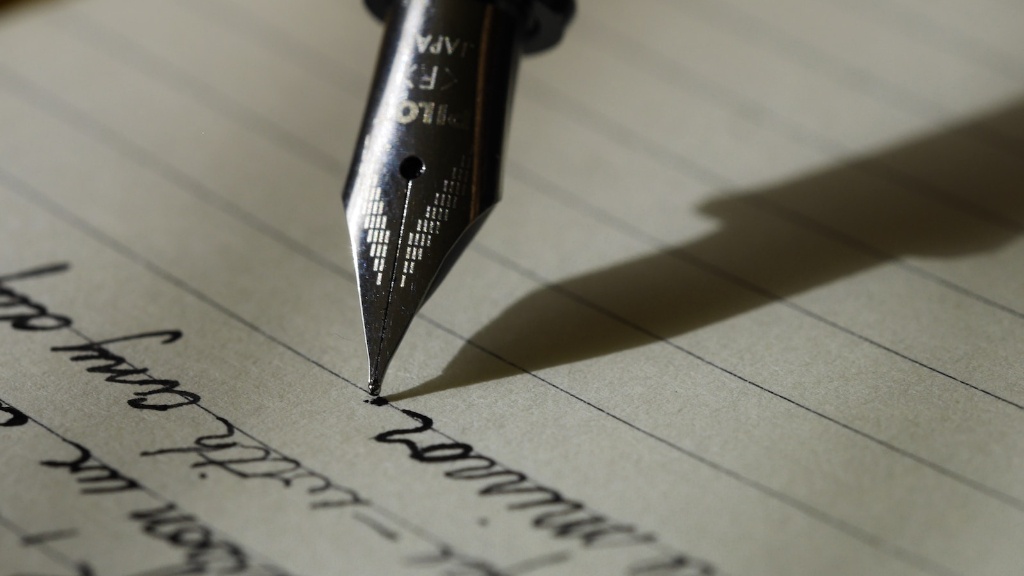Background Information
Walt Whitman’s sexuality is a highly contested and fascinating topic. The iconic American poet is considered one of the most influential voices of 19th-century literature, and his writings are known for their passionate inquiries into the human experience. His iconic 1892 collection Leaves of Grass overflows with homoerotic themes that inspire debate and analysis. One of the most enduring questions is, was Whitman gay or bisexual?
Defining Terms
When discussing Whitman’s sexuality, it is important to begin by defining two terms: homosexuality and bisexuality. Homosexuality is the romantic attraction or sexual behavior with people of the same sex, while bisexuality is the romantic attraction or sexual behavior with people of both sexes.
Whitman’s Own Words
To gain insight into Whitman’s sexuality, some look to his own writings. Much of his work is thought to reflect his feelings about homosexuality and bisexuality, although most of his references are more complex than simple admissions of desire.
For instance, in the 1855 preface to Leaves of Grass, Whitman wrote a tribute to the great cities of Philadelphia and New York and the people who call them home. He boldly declared: “O… I believe these are to found their own ideal of manly love…” This comment is thought to refer to same-sex love, which was illegal in many parts of the United States during his lifetime.
Additionally, in 1856, Whitman produced a series of poems called Calamus, which focuses on adoration and affection among men. The collection is considered a prototype of “homosexual literature.”
In 1888, Whitman also wrote a piece entitled “Manly Health and Training,” in which he describes the physical and moral benefits of the bachelor lifestyle. Although there is evidence to suggest that Whitmar was in fact a bachelor, some scholars see this as a way for him to express his admiration of homosexuality without being overtly critical of dominant attitudes of the time.
View of Experts
Expert opinion on the topic of Whitman’s sexuality is divided. However, many feel that Whitman was both gay and bisexual.
Biographer Jerome Loving wrote that Whitman was “certainly homosexual and probably bisexual.” Additionally, The Walt Whitman Archive, an online project dedicated to promoting the knowledge and understanding of Whitman’s works, states that he “found romantic/sexual expression in both men and women.”
On the other side of the argument, some scholars feel that Whitman was strictly heterosexual. Writer and biographer Henry Severance argues that Whitman’s enthusiasm for the male body is different from the enthusiasm a homosexual might have. Instead, he suggests that the poet was expressing a Platonic ideal of manly love and admiration.
Furthermore, biographer Gary Schmidgall has pointed out that, although Whitman embraced many taboos of his time, he never addressed gay life openly.
Analysis
As a result of Whitman’s ambiguous language and sexuality-based themes, it is difficult to determine his true sexual identity. Although his writing seems to suggest that he embraced both homosexuality and bisexuality, this is not necessarily true.
There is evidence to suggest that Whitman was heterosexual, although he certainly did find romatic/sexual expression with men and women. His iconic super-masculine persona, which was prevalent in his work, may have been a way to express his admiration for both sexes without actually coming out.
Whether Whitman was truly gay, bisexual, or heterosexual, his writing and influence remain clear. He was a pioneer in his time, and will continue to be respected for generations to come.
Legal Perspective
In addition to analyzing the meaning behind Whitman’s writing, it is important to consider the legal landscape of the time. During the 19th century, homosexual acts were illegal in many parts of the United States. This, combined with social stigma and fear of prosecution, explains why it was so difficult for Whitman to come out.
Former Chief Justice of the US Supreme Court Earl Warren stated: “I don’t think Whitman came out of the closet, he was never in it. In his time, it was absolutely necessary for him to hide his true feeling and among other things use the pen name Walt Whitman.”
In recent years, the legal landscape in the US has shifted dramatically, and many states now recognize same-sex marriage. Although much progress has been made, there is still work to be done towards full acceptance and equal rights for those in the LGBTQ community.
Historical Context
To gain a better understanding of Whitman’s sexuality, it is important to put his work in the proper historical context. During his lifetime, there was a powerful social stigma against homosexuality, especially in the United States. People who identified as such were often ostracized and even prosecuted by the law.
Additionally, during the 19th century, scientific and philosophical discourse on the topic of homosexuality was still in its infancy. As such, it is difficult to fully comprehend the complexities of the concept at the time. It is no surprise, then, that Whitman chose to keep his true feelings on the matter a secret.
Cultural Perception
The perception and discussion of sexuality has changed drastically over the past two centuries. In the 19th century, such topics were largely taboo, but today, public discourse on the matter is much more open.
As a result, there have been countless books, films and TV shows that explore themes of gender and sexuality. Moreover, many celebrities, politicians, and other public figures have come out as members of the LGBTQ community.
Although the progress made towards cultural acceptance of the LGBTQ community has been substantial, there is still work to be done. Through education, dialogue and greater visibility, further progress can be made.
Working Towards Acceptance
Whitman’s influence and relationship to the LGBTQ community is complex and difficult to decipher. Although he may not have been able to be open with his true sexual identity, his writings remain a powerful testament to his understanding of gender and sexuality.
More importantly, his iconic writing has served as a source of inspiration for countless LGBTQ individuals who have felt the pain of social stigma and ostracization. His work can serve as a reminder that progress has been made, and that there is still a long way to go.
We must continue to push for greater acceptance and visibility, not only so that we can further the legacy of Walt Whitman and other great LGBTQ voices, but also so that everyone has the opportunity to live authentically and be their true selves.


